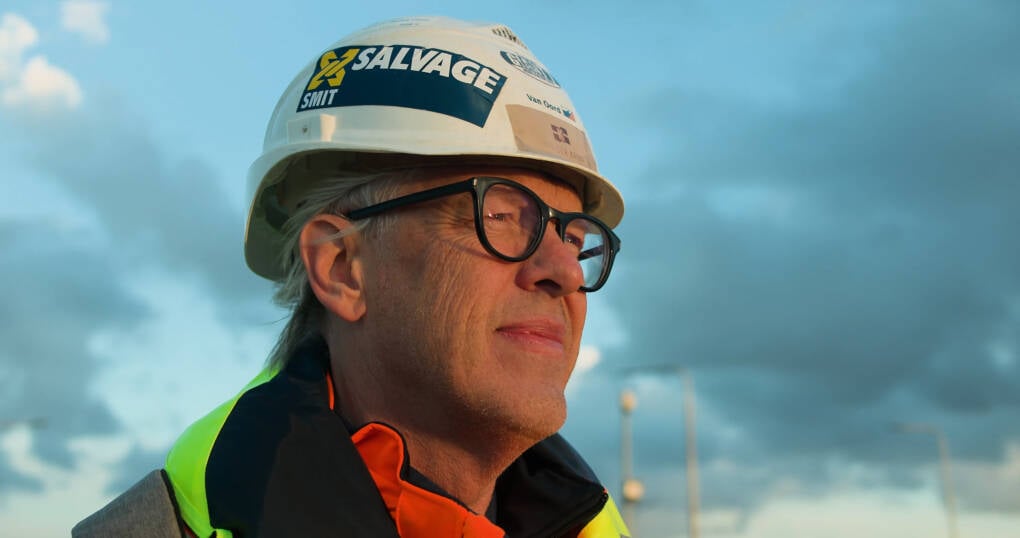to speak up
In the maritime sector, safety is of paramount importance. That is why we regularly speak to industry professionals who share their experiences, practical tips and valuable insights that help you work safely and efficiently.
Cornelis Vrolijk
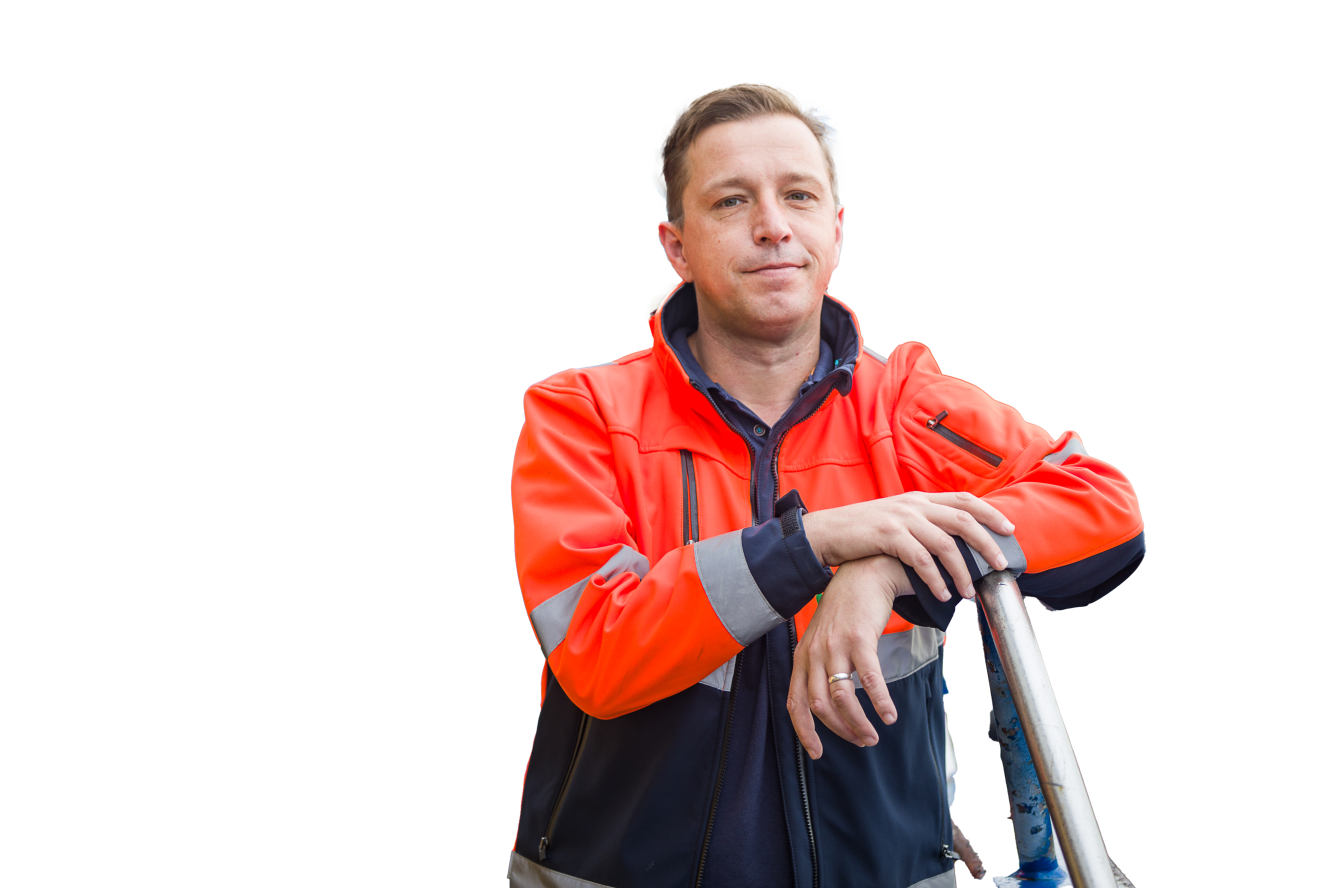
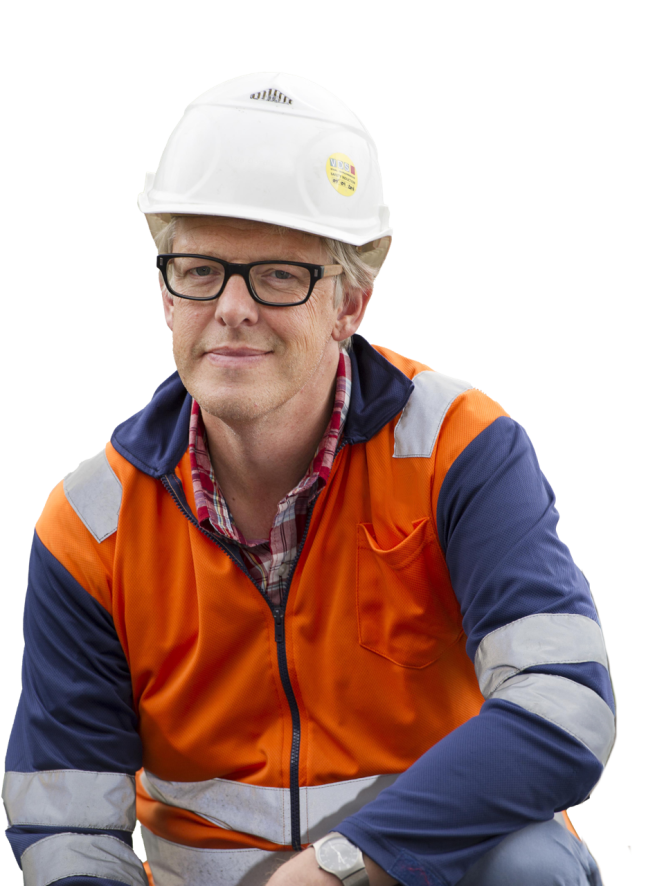
Dirk's tips on working safely
1. Ensure open communication: Create a culture where everyone feels safe to report problems.
2. Involve all levels of the organisation: Give everyone a voice in the safety committee.
3. Focus on awareness: Safety starts with people's own perceptions.
4. Be prepared for the unexpected: Always bear in mind the unpredictability of the sea.
5. Evaluate and continuously improve: Use the available knowledge, skills and experience of crew and shore personnel to improve your systems.

Challenges at sea
Working at sea involves unique risks. Ships are complex factories full of machinery and technology. In addition, the sea remains unpredictable. Weather conditions can suddenly turn a safe scenario into a dangerous one. It is crucial that the crew is constantly alert and that safety procedures are clear and immediately applicable.
Safety as collective culture
An open and safe culture on board is essential. With us, everyone, from engine driver to deck crew, is encouraged to report unsafe situations. We have established an independent safety committee in which all departments are represented. People need to feel heard and see that action is being taken. That motivates.
Putting people first
Our focus is increasingly on the human factor in safety. Technical improvements and management systems are important, but ultimately it is about awareness and cooperation. The perception of safety must be intrinsic. That is why we are looking at applying the safety culture ladder, a methodology to make improvements measurable.
From trainee to captain
I am Dirk Vink and my career began in 1993 with the Jaczon company, then on the merchant fleet. After years of experience, including as a captain, I decided to shift my course to a role ashore. Jaczon offered me a position in the operational department of the Pelagic Fleet, with a focus on safety. In 2005, Jaczon was added to the family of companies within Cornelis Vrolijk. The importance of my role grew significantly after a major ship fire in 2014, a moment that changed our safety system forever. It was a wake-up call; safety could no longer be an afterthought.
Since then, I have been working as a safety consultant at Cornelis Vrolijk, a company known for its family atmosphere. What makes this work special is the cooperation between departments and the autonomy I get. You don't feel like a number, but a valued team member. Every year, I draw up a plan to improve our safety systems and I appreciate the freedom I am given in this.
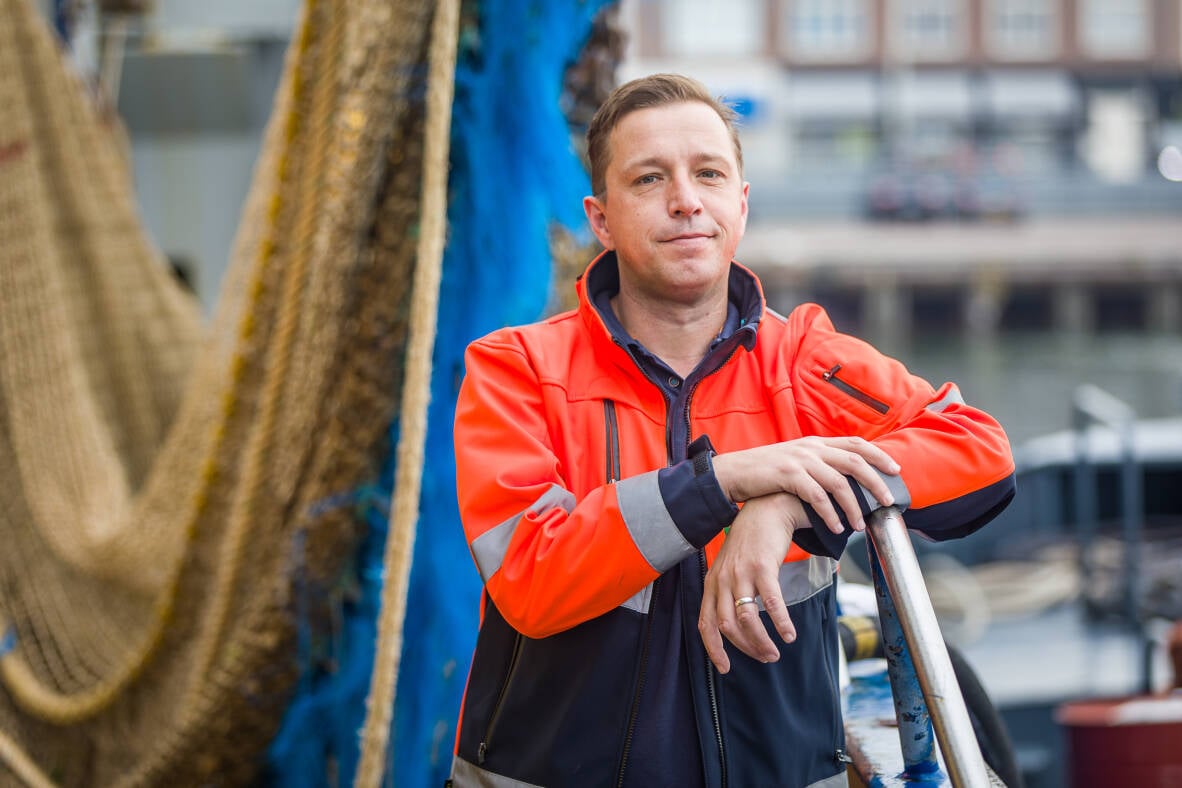
Stefan's tips for a healthy working environment
1. Don't make your heart a murder pit.
2. Make sure you smile once every day.
3. Don't pile up your problems, because they won't go away by themselves.
4. Make sure at least one person knows when you are struggling with something.
5. Take responsibility in providing care.

Stefan Francke has been working as a hydraulic engineering pastor for Dutch dredging companies for almost 12 years. He visits ships and projects at home and abroad to see how crew members are doing. As life at sea can not only be challenging and dangerous, but also requires long periods away from home, he offers a listening ear and support.
On board, he joins in daily activities such as coffee drinking and eating, so crew members feel free to engage in conversation with him, including about faith if it is important to them. According to Stefan, a safe working environment is more than physical safety; it is also about psychological safety and well-being. Whether it's about vulnerable moments or just positive conversations, he sees it as his job to support and guide people.
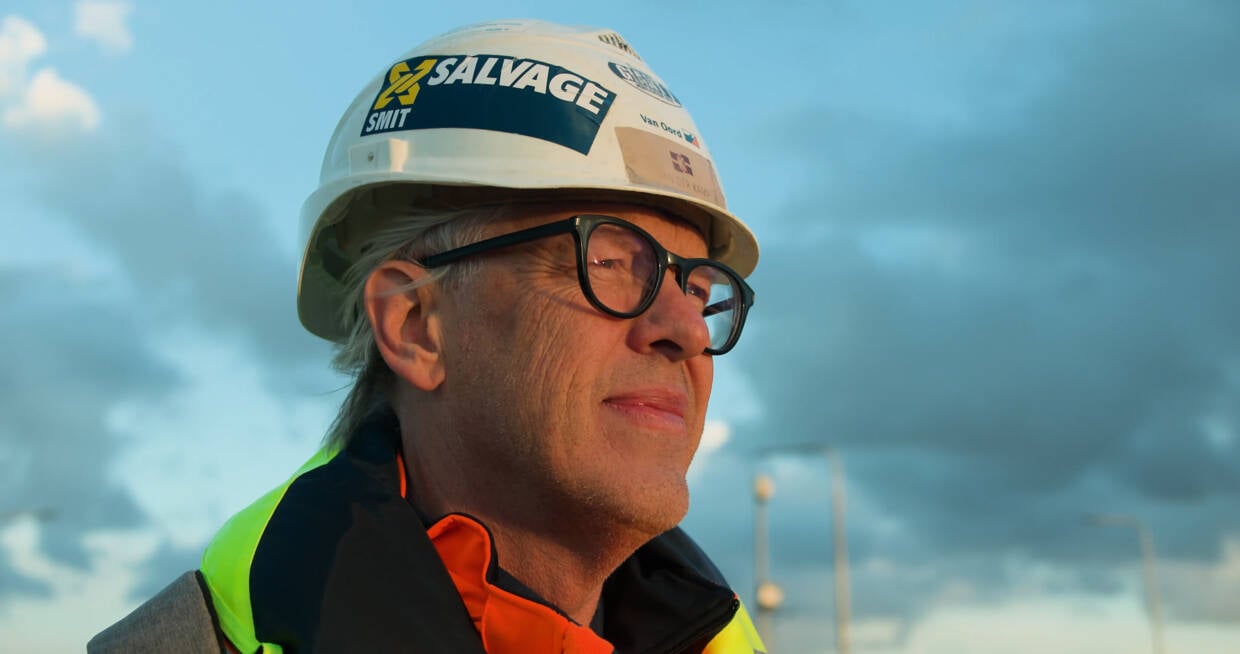
Cornelis Vrolijk
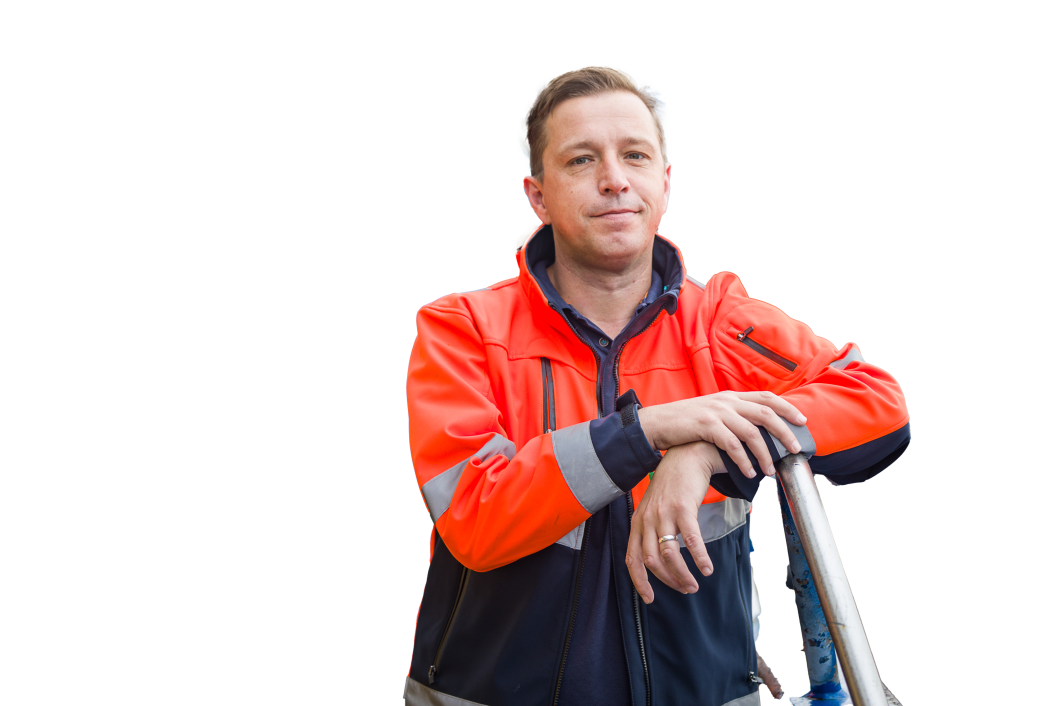
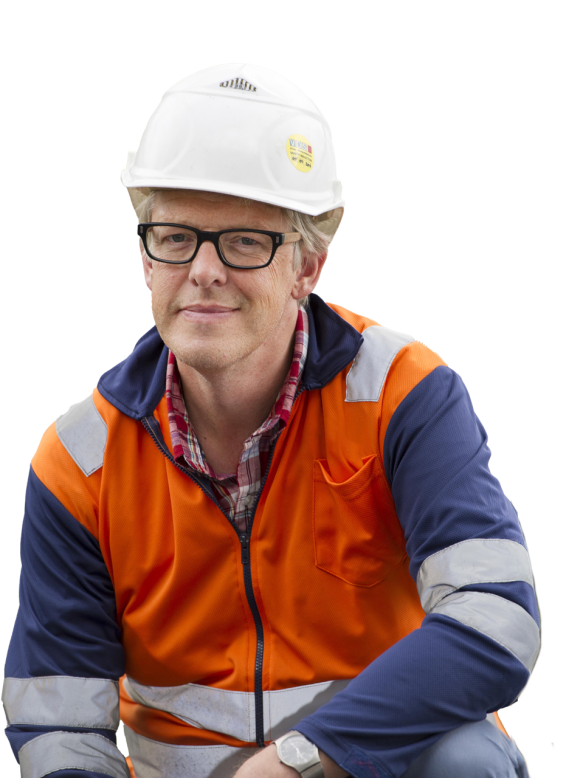

In the maritime sector, safety is of paramount importance. That is why we regularly speak to industry professionals who share their experiences, practical tips and valuable insights that help you work safely and efficiently.
to speak up
Challenges at sea
Working at sea involves unique risks. Ships are complex factories full of machinery and technology. In addition, the sea remains unpredictable. Weather conditions can suddenly turn a safe scenario into a dangerous one. It is crucial that the crew is constantly alert and that safety procedures are clear and immediately applicable.
Safety as collective culture
An open and safe culture on board is essential. With us, everyone, from engine driver to deck crew, is encouraged to report unsafe situations. We have established an independent safety committee in which all departments are represented. People need to feel heard and see that action is being taken. That motivates.
Putting people first
Our focus is increasingly on the human factor in safety. Technical improvements and management systems are important, but ultimately it is about awareness and cooperation. The perception of safety must be intrinsic. That is why we are looking at applying the safety culture ladder, a methodology to make improvements measurable.
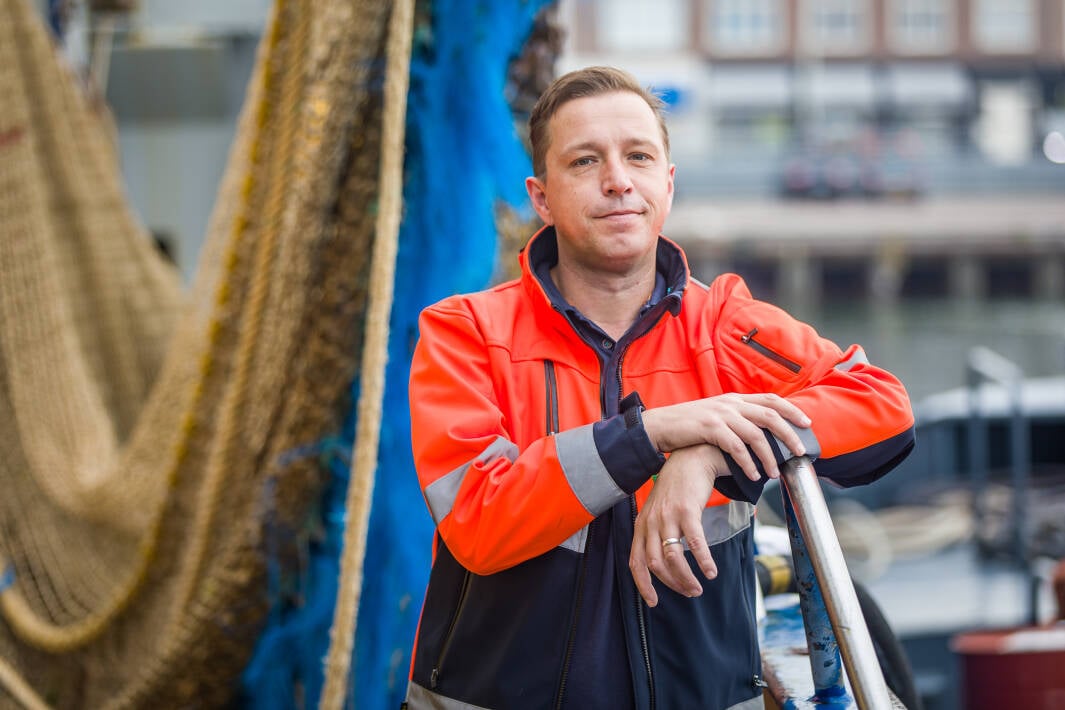
Dirk's tips on working safely
1. Ensure open communication: Create a culture where everyone feels safe to report problems.
2. Involve all levels of the organisation: Give everyone a voice in the safety committee.
3. Focus on awareness: Safety starts with people's own perceptions.
4. Be prepared for the unexpected: Always bear in mind the unpredictability of the sea.
5. Evaluate and continuously improve: Use the available knowledge, skills and experience of crew and shore personnel to improve your systems.
From trainee to captain
I am Dirk Vink and my career began in 1993 with the Jaczon company, then on the merchant fleet. After years of experience, including as a captain, I decided to shift my course to a role ashore. Jaczon offered me a position in the operational department of the Pelagic Fleet, with a focus on safety. In 2005, Jaczon was added to the family of companies within Cornelis Vrolijk. The importance of my role grew significantly after a major ship fire in 2014, a moment that changed our safety system forever. It was a wake-up call; safety could no longer be an afterthought.
Since then, I have been working as a safety consultant at Cornelis Vrolijk, a company known for its family atmosphere. What makes this work special is the cooperation between departments and the autonomy I get. You don't feel like a number, but a valued team member. Every year, I draw up a plan to improve our safety systems and I appreciate the freedom I am given in this.
Stefan Francke has been working as a hydraulic engineering pastor for Dutch dredging companies for almost 12 years. He visits ships and projects at home and abroad to see how crew members are doing. As life at sea can not only be challenging and dangerous, but also requires long periods away from home, he offers a listening ear and support.
On board, he joins in daily activities such as coffee drinking and eating, so crew members feel free to engage in conversation with him, including about faith if it is important to them. According to Stefan, a safe working environment is more than physical safety; it is also about psychological safety and well-being. Whether it's about vulnerable moments or just positive conversations, he sees it as his job to support and guide people.
Stefan's tips for a healthy working environment
1. Don't make your heart a murder pit.
2. Make sure you smile once every day.
3. Don't pile up your problems, because they won't go away by themselves.
4. Make sure at least one person knows when you are struggling with something.
5. Take responsibility in providing care.
